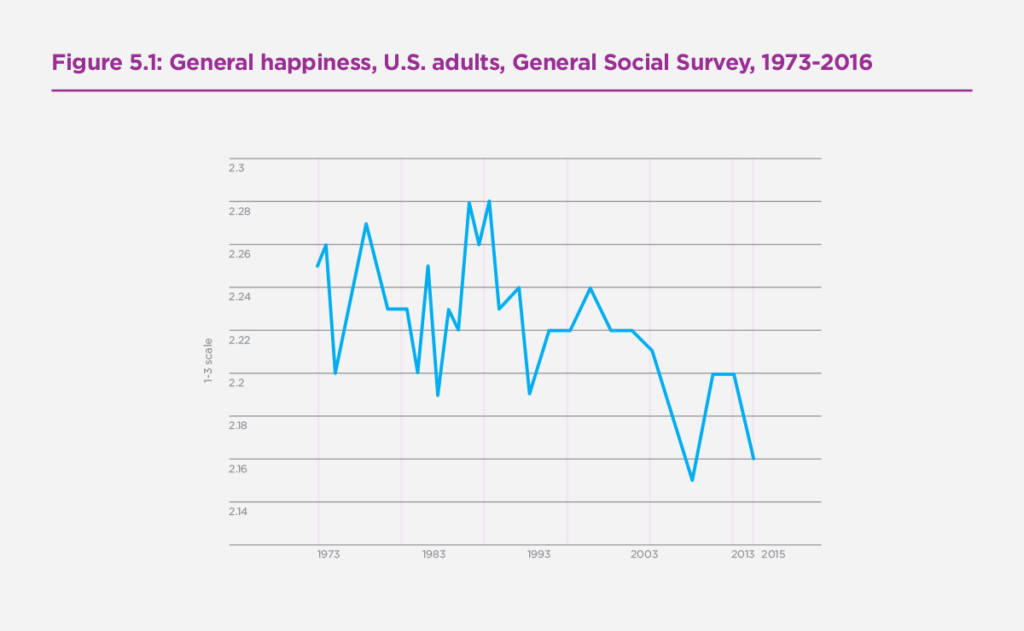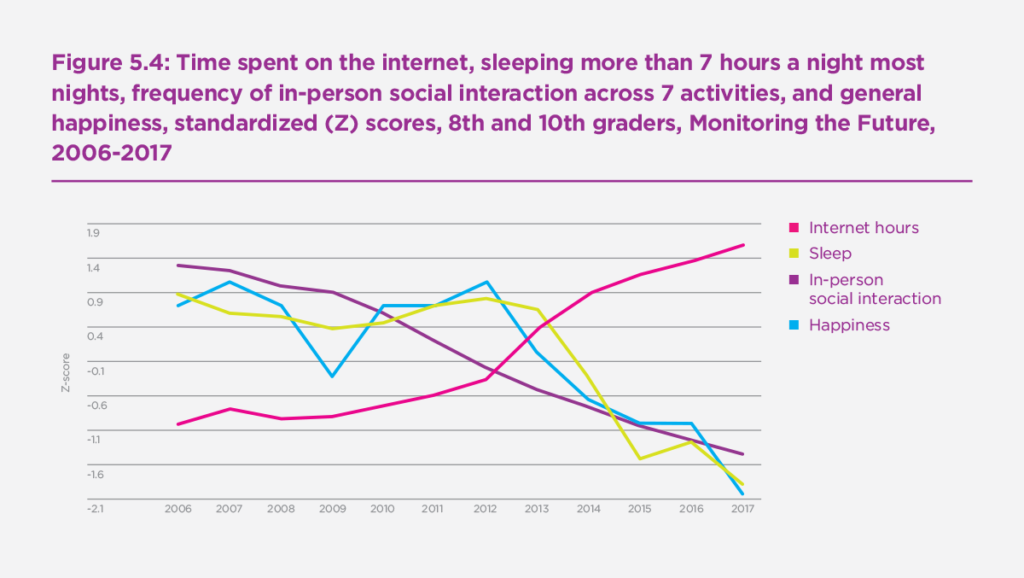by Ross Bishop
The concentration of power in corporations and in turn, their domination of the political system, are raising significant questions about one of the pillars of Western society. There are plusses and minuses to every form of society. What people in one society may regard as significant, another group may see as having too many drawbacks. Because of that, there probably is no ideal society, but it is useful to look at the benefits and limitations of each. The dominant paradigm of any society sets the tenor for the whole culture. I am going to deal in the broadest of generalities, so there will be exceptions.
Capitalist philosophy has dominated Western society since the mid-1700’s. It would take volumes just to list the benefits and accomplishments of capitalism, and there is no refuting, that in material terms, capitalism has showered the West with incredible material benefits. No civilization in human history has been so blessed. Every day, hundreds of millions of consumers validate the pillars of capitalism: competitive markets, the price system, capital accumulation, private property, competition and freedom.

In the West there is an emotional investment in the collection of material possessions, as proof of achievement and in turn, as a reflection of personal worthiness. But those benefits have also come at a significant human and environmental cost. And in spite of it’s successes, there is a growing dissatisfaction in the West with the corporate system. Put simply, people distrust business, and there is a decreasing rather than increasing return to investors.
In addition, technological change is clearly outpacing many businesses’ ability to cope. And adding even more fuel to the fire, the growing cadre of young, ambitious women (and young men) are changing the tenor of the rigid, male dominated business community.
For purposes of comparison, consider that every society has only so many marbles. and if you encourage people to complete for them, you end up with a concentration at the top and just a few at the bottom. It’s kind of a lottery: if you work hard enough, you will probably “succeed.” And that has been the dominant paradigm of Western society.
At the other end of the scale are the tribal and democratic socialist societies.* Marbles in these societies are distributed more equitably. Everyone gets a few. The primary focus of the society is the welfare of the group. And while “everyone gets taken care of,” success in these societies is determined by values other than financial.
One rather disdainful analysis speaks capitalism as a system designed by the owning class to exploit the rest of us for their own gain. According to an “inequality.org” report, the top 1% of Americans have 4 times more wealth than the bottom 50% of the population. The same report also points out that the Covid-19 pandemic disproportionality effected wealth in the US – with the 1% seeing their wealth grow by 29% while millions of common people lost their jobs.

In capitalist society there is a good deal of ego involved in being successful, and as Lord Acton pointed out, “Power tends to corrupt, and absolute power corrupts absolutely.” In competitive societies there is also an inherent disdain from those at the top for those who do not succeed – the “less fortunate” (note the idiom) and people in the arts, for example. As it is said, “Passions don’t pay the bills.” And although there are some near the top who feel compassion for those at the bottom, there is an inherent feeling in the larger community that if they all just got jobs (joined in the dominant paradigm), everything would be OK. There is also an inherent feeling of failure amongst those in the middle who try to compete, but don’t achieve elite status.

Jean M. Twenge reports in the “World Happiness Report” that “The years since 2010 have not been good ones for happiness and well-being among Americans. Even as the United States economy improved after the end of the Great Recession in 2009, happiness among adults did not rebound to the higher levels of the 1990s, continuing a slow decline ongoing since at least 2000. . . This decline in happiness and mental health seems paradoxical. By most accounts, Americans should be happier now than ever. The violent crime rate is low, as is the unemployment rate. Income per capita has steadily grown over the last few decades. This is the Easterlin paradox: As the standard of living improves, so should happiness – but it has not.”
Arthur C. Brooks in “The Atlantic,” comments, “Unfortunately, that pursuit (of happiness) is getting harder. According to the “General Social Survey,” since the year 2000, the percentage of Americans saying they are “not too happy” has risen from 10 percent to 24 percent. Meanwhile, the percentage saying they are “very happy” has fallen from 34 percent to 19 percent. This is reflected in Americans’ pessimism about our country. A record number says the country is headed in the wrong direction. Since 2000, national confidence in our institutions—whether business or government—has fallen by 34 percent.”

There is an ongoing Harvard study (started in 1938), that has sought to measure what makes people happy. One of the study’s irrefutable findings is that strong interpersonal relationships most accurately predict people’s happiness throughout their lives. Relationships are “intrinsic to everything we do and everything we are,” the authors write. Dr. Robert Waldinger, a professor of psychiatry at Harvard Medical School and co-author of the study (and of a 2022 book entitled: The Good Life), maintains that “It’s not that accomplishment isn’t important and satisfying. It is,” he says. “But when we sacrifice our [relationships], that’s when we end up regretting it, and living a life that isn’t as good as we might have.”
And one of the unfortunate consequences of competitive society is the sacrifice of meaningful personal relationships people have to make in order to achieve success. In years past, the image of the pinnacle of American achievement was the rugged individualist, holding steadfast against the storms of adversity.
Quoting Jean Twenge again, “During the same time period that digital media use increased, adolescents began to spend less time interacting with each other in person, including getting together with friends, socializing, and going to parties. In 2016, iGen college-bound high school seniors spent an hour less a day on face-to-face interaction than GenX adolescents did in the late 1980s (Twenge et al., 2019). Thus, the way adolescents socialize has fundamentally shifted, moving toward online activities and away from face-to-face social interaction.”

E.J. Dionne and Bill Galston in an article entitled “Socialism: A short primer,” in “Brookings,” points out that, “With the collapse of the Soviet Union, the term socialism has lost its once-automatic linkage to the United States’ mortal enemy. The embrace of socialism no longer incurs the taint of treason, and proposals advanced by avowed socialists have expanded the perimeter of acceptable debate. As recent comments on the imperiled future of capitalism by Jamie Dimon, the CEO of JPMorgan Chase & Co, and Ray Dalio of Bridgewater Associates suggest, the sharper critiques of capitalism are gaining attention from capitalists themselves. In the past—from the New Deal years through the 1960s—fears for the system’s future have led important voices within the business world to embrace social reform as necessary to saving the system. Socialists might once again be the forerunners of capitalist reform.”
They continue: “In recent decades, however, growth has been episodic and slow, wages have stagnated for working-class and many middle-class families, mobility has slowed, and inequality has soared. The economic and financial collapse of 2008-2009 undermined the claim that the economy had entered a new era of stability and moderation. Experts who had preached the virtues of self-regulation were forced to recant. The slow recovery from the Great Recession left many Americans wondering whether they would ever regain the income and wealth they had lost.”

“. . . The crash of 2008, rising inequality, and an intensifying critique of how contemporary capitalism works has brought socialism back into the mainstream—in some ways even more powerfully than in Eugene Debs’ time, since those who use the label have become an influential force in the Democratic Party. Running as a democratic socialist, Sen. Bernie Sanders received 45 percent of the Democratic primary vote in 2016, and in the 2018 mid-term elections, members of Democratic Socialists of America were among the prominent Democratic victors. Their ranks included Alexandria Ocasio-Cortez, who quickly became one of the country’s best-known politicians. One measure of her influence: As of early May, Senate Democratic Leader Charles Schumer had 1.7 million Twitter followers; House Speaker Nancy Pelosi had 2.5 million; Ocasio-Cortez had 4 million.”
“The Great Recession (ed. of 2008) especially shaped the outlook of young adults. The younger working class entered a job market that provided far fewer stable opportunities than their parents had enjoyed. . . As the profits and share prices of large corporations recovered from their recessionary lows, enriching executives and investors, many young adults began wondering whether they would ever share in the fruits of 21st century capitalism. They became increasingly open to the idea that the system was rigged against them and that incremental reform was not enough. Only transformational systemic change could get the job done, many concluded, and socialism was the available alternative to the failed “neo-liberal” model of contemporary capitalism.”
Change isn’t new to business, but adaptability is. Historically when faced with change, businesses tend to go belly up rather than adapt. They are then replaced by organizations better suited to the new ideas or technologies. Consider just a few of the large organizations who failed because they were unable to adapt to the changes occurring around them:
IBM Sears Blockbuster Borders Pets.Com
Polaroid Compaq Toys ‘R Us Macy’s Sharper Image
Kodak Nokia Pan Am Yahoo Commodore
Xerox Circuit City Motorola Map Quest Tie Rack
Segway Hitachi Blackberry Nortel Atari
Hostess AOL The Concorde Tivo Radio Shack
Hummer Palm Netscape My Space Tower Records
J.C. Penney DeLorean
And by a number of accounts, The Republican Party is not far from collapse for being rigidly committed to old outdated ideas.
Although Americans grew up with socialist programs like Social Security, Medicare, public education, public transportation, police, fire departments and garbage services, they have been brow beaten by conservative Republicans to oppose outright socialism. But the concept of Social Democracy is enjoying an upsurge in public support not seen since the days of Eugene V. Debs in the 1920’s. Although wrongly associated with socialism, social democracy is far removed from the socialist concept. Both are currents of the left, but Social Democracy considers among its principles the guarantee of the functioning of representative democracy, as well as of the social economy, through the market mechanism.
Social Democracy is a system of political thought and action that calls upon the government to provide certain social and economic rights or entitlements necessary to the well-being of all members of the community. It can be thought of as the humanization of capitalism. Social democratic parties promote it in constitutional democracies throughout the world, but especially in Europe, where the social democracy movement was born. It has flourished in countries like Denmark, Sweden, Finland, Croatia, India, Belgium, Spain, Portugal and Norway.
Social democrats claim that their commitment to social and economic rights, in addition to traditional liberal ideas about political and private rights, is an advanced or more fully developed model of democracy, in comparison with the traditional capitalist model. While the traditional liberal model of democracy only emphasizes individual liberty, the social democratic model stresses both liberal and egalitarian ideals.
And the handwriting is already on the wall for capitalism. There are a number of organizations in the Nordic countries which consistently rank near the top of the world in happiness, human development and overall well-being. These countries have highly organized labor markets, universal welfare states and relatively high levels of public ownership of capital.

Creating a business structure where everyone has a piece of the pie is a democratic idea which can reap some profitable benefits. The UK’s John Lewis Partnership, one of the biggest supermarket/department store chains in England, is owned entirely by its employees, otherwise known’s as partners. The partners all have a say in how the business is run and receive an annual profit distribution in addition to their yearly salary. Avi Liss of Liss Law, LLC says, “Anytime you give an employee a vested interest in the company, you change the outlook of the employee, the employer and the clients.” Their confidence and performance level is totally different than when working under a more capitalist one.
Both Spain and Portugal may provide meaningful models for the future. In India, Milk Mantra, founded by Sri Misra, has set out to balance profit with social good by bringing efficiencies of centralization and scale to the Indian dairy business, and passing the fruits of these efficiencies back to India’s’ dairy farmers. Among hundreds of successful companies in Norway, Wiggo Dalmo of Momek, an oil drilling supplier, may provide guidance as how to succeed in a socialist structure. Even Cuba has successfully opened up it’s market system to small business cuentapropistas or literally, “on your own-ists” that could provide additional insights to businesses seeking to organize in a socialist environment.
America is not completely out of the loop. Seeming counterintuitive, a structure known as “Corporate Strategic Management” has developed rather effective techniques to deal with the transition to a socialist economy. But the transition will no beast. History teaches us that transitions of this nature do not come easily. The institutionalized resistance of the established order can be expected to be strong as those in power seek to hang on to familiar ways. This is not all bad, however. It provides a testing ground for new ideas that winnows out weak concepts. The outcome will be a social structure more in harmony with the desires of the populace.
THE MIRACLE -WALKING ON THE EARTH -THICH NHAT HANH
“Imagine two astronauts go to the moon, and while they’re there, there’s an accident and their ship can’t take them back to Earth. They have only enough oxygen for two days. There is no hope of someone coming from Earth in time to rescue them. They have only two days to live. If you were to ask them at that moment, “What is your deepest wish?”, they would answer, “To be back home walking on our beautiful planet Earth.” That would be enough for them; they wouldn’t want anything else. They wouldn’t think of being the head of a large corporation, a famous celebrity, or the president of the United States. They wouldn’t want anything but to be back here – walking on Earth, enjoying every step, listening to the sounds of nature, or holding the hand of their beloved while contemplating the moon at night. We should live every day like people who have just been rescued from dying on the moon. We are on Earth now, and we need to enjoy walking on this precious, beautiful planet. Zen Master Linji said, “The miracle is not to walk on water or fire. The miracle is to walk on the earth.” I cherish that teaching. I enjoy just walking, even in busy places like airports and railway stations. Walking like that, with each step caressing the earth, we can inspire other people to do the same. We can enjoy every minute of our lives.”

Copyright@20023 Blue Lotus Press
* Russia and China refer to themselves socialist, but it is just a mask for communism. Democratic socialists reject Marxism-Leninism (i.e. communism) as an illegitimate form of socialism, arguing that command economies effectively belong to a small bureaucracy that treats the means of production as its own private property. Both societies are undemocratic and totalitarian. The state (that is, the Communist party) controls not only the entire economy but also civil society. They both claim to represent the “real interests” of the working class, even though the average citizen doesn’t dare speak out in disagreement with the “party line.” But there is no denying that China has brought 300 million people out of deep poverty, in a remarkably short time.
